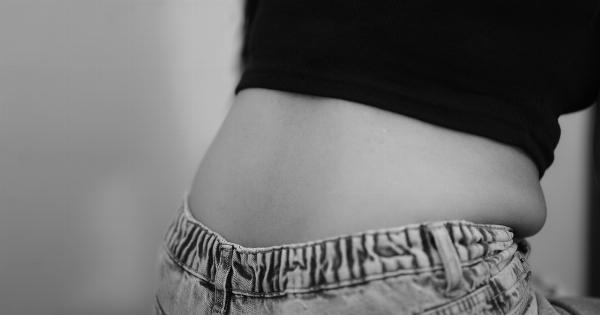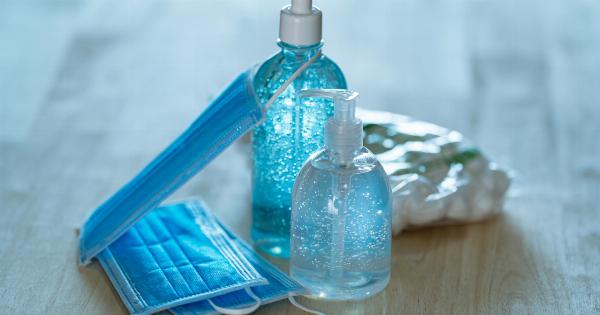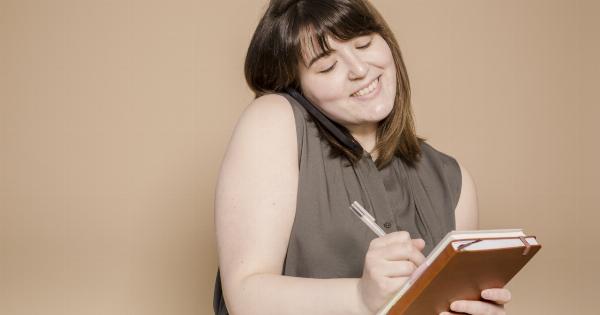Menstruation, also referred to as a period, is the monthly shedding of the lining of the uterus in females. It is a natural process that signifies the onset of puberty in girls and their ability to conceive.
Menstruation is controlled by hormones and typically lasts for a few days every month.
Puberty and Menstruation
Puberty is a phase of physical and emotional development in which a child’s body matures into an adult. During this time, significant changes occur in both boys and girls. In girls, one of the key changes is the beginning of menstruation.
What Age Does Menstruation Begin?
The average age at which girls start menstruating is around 12 years old, but the range can vary. Some girls may start as early as 8 years old, while others may not experience their first period until they are 16 years old.
Each individual is unique, and the timing of the first period can depend on various factors.
Factors Affecting the Onset of Menstruation
Several factors can influence when a girl gets her first period. These factors include:.
1. Genetics
Genetics plays a role in the timing of menstruation. If a girl’s mother or female relatives started their periods early, there is a higher likelihood that she will also start menstruating at a younger age.
2. Body Weight
Body weight and body fat percentage can affect the onset of menstruation. Girls who are underweight or have low body fat may experience a delay in their first period. Conversely, girls who are overweight or obese may start menstruating earlier.
3. Nutritional Status
A balanced and nutritious diet is essential for overall health, including the onset of menstruation.
Malnourished or undernourished girls may experience delayed puberty and menstrual cycle due to insufficient nutrients for the body to function properly.
4. Ethnicity
Studies have shown that ethnicity can also influence the age at which girls experience their first period. For example, African American and Hispanic girls tend to start menstruating slightly earlier than Caucasian girls.
5. Environmental Factors
Environmental factors, such as exposure to certain chemicals or pollutants, may potentially affect the timing of the first period. However, more research is needed to fully understand the impact of these factors.
Signs of Approaching Menstruation
As a girl enters puberty, her body goes through several changes that indicate the onset of menstruation. Some common signs include:.
1. Breast Development
One of the first signs of puberty in girls is the development of breasts. As the breasts grow, it indicates that the body is preparing for menstruation and potential pregnancy.
2. Pubic and Underarm Hair Growth
Girls also experience the growth of pubic and underarm hair as they enter puberty. This hair growth is a hormonal indication that menstruation will occur in the near future.
3. Vaginal Discharge
Before the first period, girls may notice an increase in vaginal discharge. This discharge helps keep the vagina clean and healthy. As menstruation approaches, the discharge may become thicker and opaque.
4. Mood Swings and Emotional Changes
Hormonal changes during puberty can also cause mood swings and emotional changes in girls. It is common for girls to experience heightened emotions or mood swings before their first period.
Preparing for the First Period
It is important for girls to be prepared for their first period, both physically and emotionally. Here are some tips to help:.
1. Educate Yourself
Learn about menstruation and how it is managed. Understand the different types of menstrual products available, such as pads, tampons, and menstrual cups.
2. Talk to a Trusted Adult
If you have any concerns or questions about menstruation, reach out to a trusted adult, such as a parent, guardian, or healthcare professional. They can provide guidance and support.
3. Keep Supplies Handy
Keep a supply of menstrual products, such as pads or tampons, in your bag or at home. This ensures you are prepared when your period arrives.
4. Track Your Menstrual Cycle
Use a calendar or a period tracking app to keep track of your menstrual cycle. This can help you predict when your next period is due and identify any irregularities.
5. Practice Good Hygiene
During menstruation, it is important to maintain good hygiene. Change your menstrual products regularly and wash your genital area with mild soap and water.
Conclusion
Menstruation is a normal and natural part of a girl’s life, marking the beginning of her reproductive years. The age at which girls experience their first period varies, but it generally occurs around the age of 12.
Keep in mind that every individual is unique, and factors such as genetics, body weight, nutrition, ethnicity, and environmental factors can influence the timing. Understanding the signs of approaching menstruation and preparing for it can help girls navigate this significant milestone with confidence and ease.





























